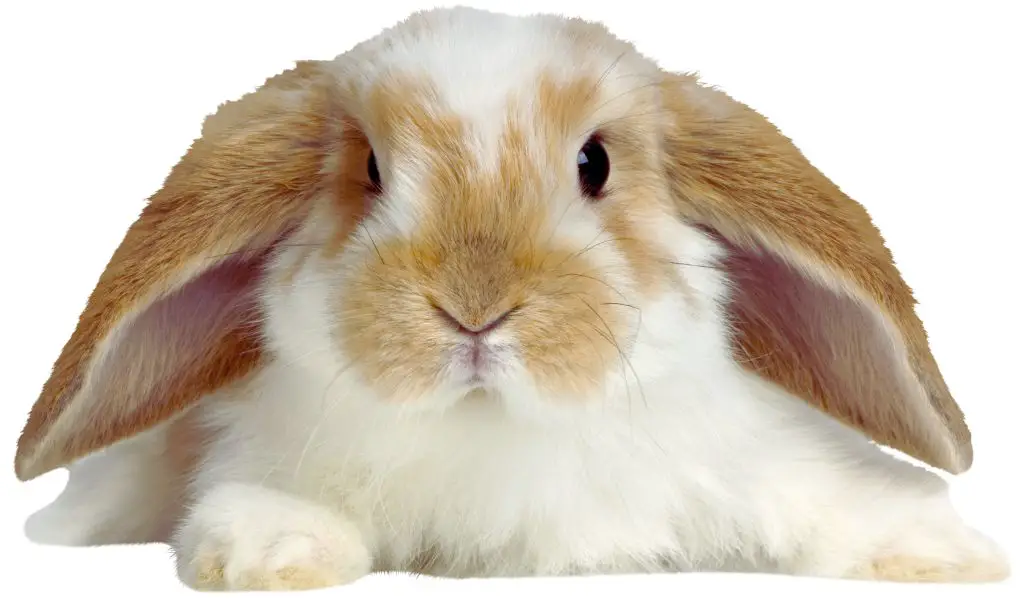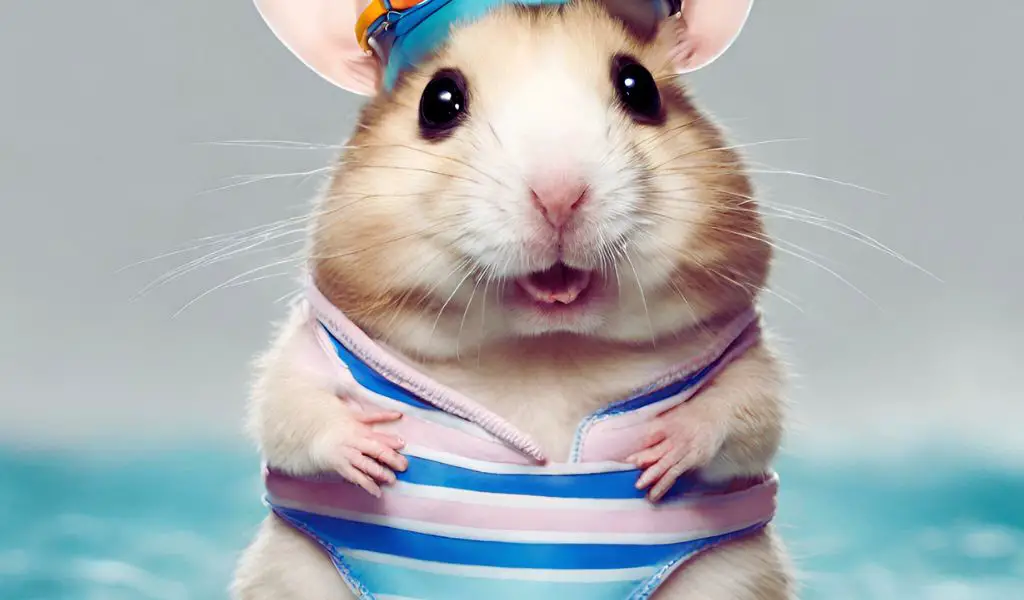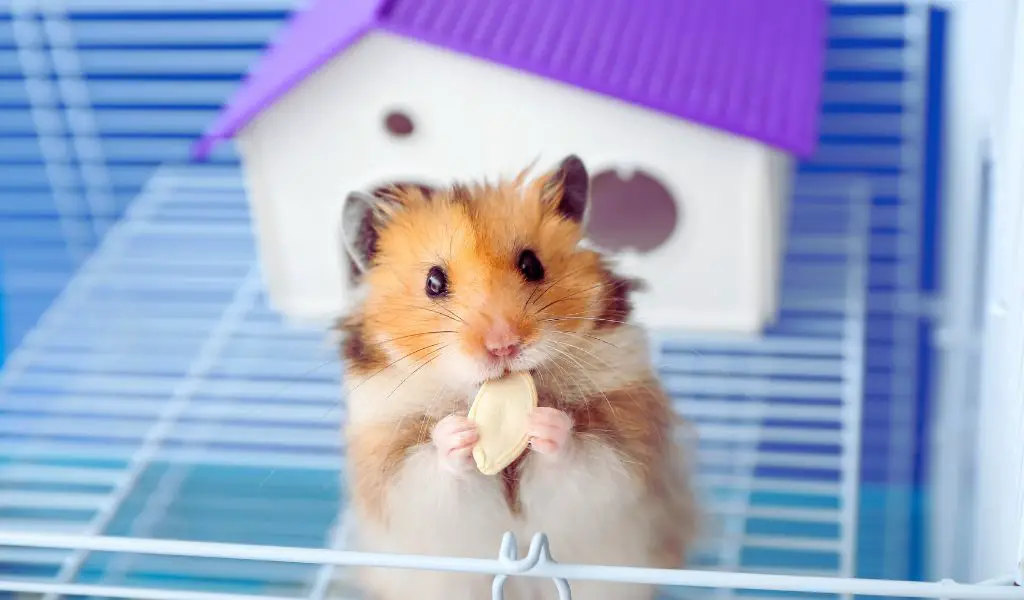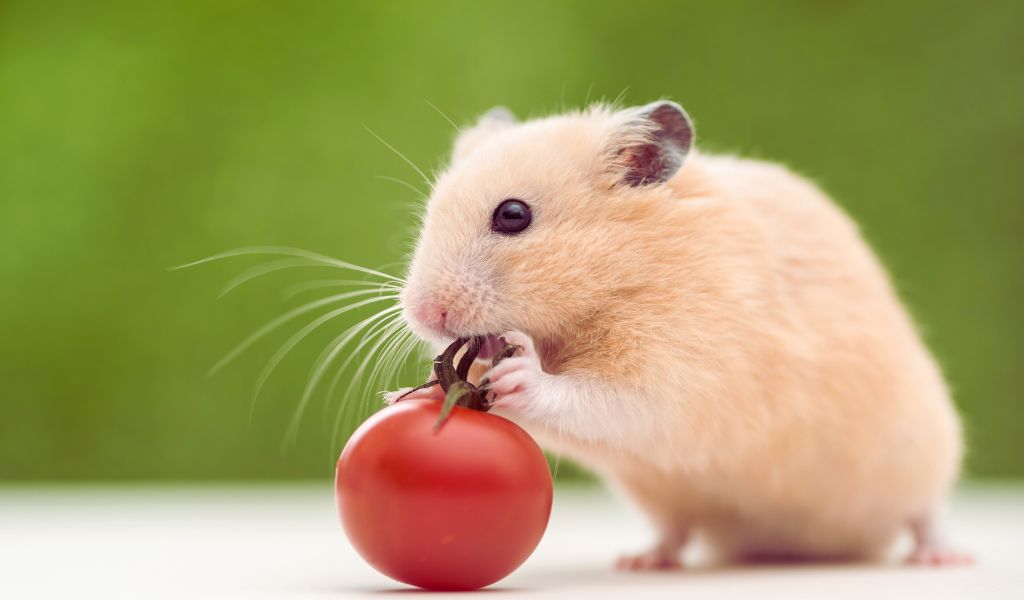When it comes to choosing a pet, many of us immediately think of dogs or cats. However, there’s another furry friend that deserves consideration: the rabbit.
Gentle, quiet, and surprisingly intelligent, rabbits make wonderful pets for the right household. But, is a rabbit a good pet to have?
Let’s hop into the world of rabbits and see what makes them unique companions.
Is a Rabbit a Good Pet to Have?
Temperament and Personality: Rabbits are known for their gentle and friendly disposition.
Unlike more vocal pets, rabbits communicate subtly and enjoy quiet environments.
They can form deep bonds with their owners, showing affection through nuzzles and soft chirps.
Space Requirements: While rabbits don’t need to be walked like dogs, they do require space to roam and explore.
A rabbit-proofed room or a large pen can provide them with the exercise they need without the risk of chewing on hazardous materials.
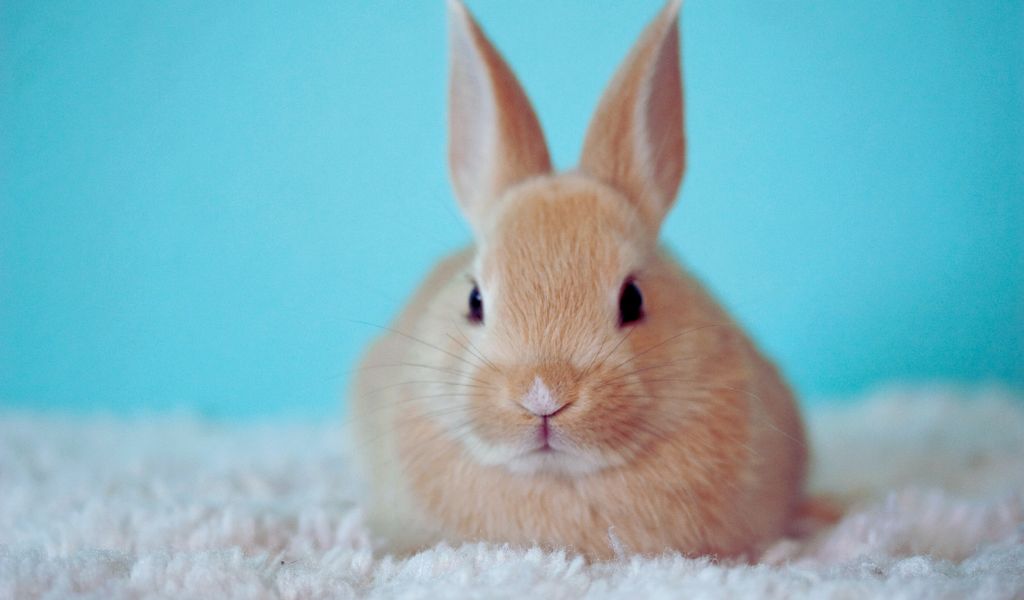
The Joy of Rabbit Ownership
Companionship Benefits: Rabbits are social animals that thrive on interaction.
Whether it’s a gentle petting session or a playtime spree, the companionship of a rabbit can be incredibly rewarding.
Activities and Interaction: Engaging with your rabbit through play and enrichment activities not only strengthens your bond but also keeps them mentally and physically healthy.
Housing and Habitat Needs
Indoor vs. Outdoor Settings: While some choose to house rabbits outdoors, indoor living is safer and allows for more interaction with your pet.
Indoor habitats should be spacious and safe from hazards.
Essential Supplies: From a comfortable hutch to chew toys, ensuring your rabbit has everything they need for a happy life is crucial.
Diet and Nutrition
Healthy Eating Habits: A rabbit’s diet should consist mainly of hay, fresh vegetables, and a small amount of pellets.
This balance ensures they receive the necessary fiber and nutrients.
Foods to Avoid: Certain foods can be harmful to rabbits, including sugary fruits and high-calcium vegetables.
It’s important to know what’s safe for your rabbit to eat.
Health and Wellness
Regular Veterinary Care: Like all pets, rabbits require regular check-ups with a veterinarian, particularly one experienced with small animals.
Vaccinations and spaying/neutering are also considerations for their health.
Common Health Issues: Being aware of common health issues, such as dental problems and GI stasis, can help you catch and address problems early.
Exercise and Play
Importance of Exercise: Exercise is vital for a rabbit’s health, helping to prevent obesity and boredom.
Safe, supervised time outside of their habitat is recommended daily.
Play Ideas: From tunnels to jump through to toys to chew, there are countless ways to keep your rabbit entertained and active.
Socialization and Behavior
Bonding with Your Rabbit: Understanding how to handle and interact with your rabbit can significantly affect your relationship.
Patience and gentle handling are key.
Understanding Body Language: Rabbits communicate a lot through their body language.
Learning to understand these cues can help you respond to their needs and moods appropriately.
Grooming and Care
Grooming Essentials: Regular grooming is necessary to keep your rabbit’s coat in good condition, especially for long-haired breeds.
Nail Trimming and Coat Care: Along with coat care, keeping your rabbit’s nails trimmed is essential for their comfort and health.
Lifespan and Commitment
Expected Lifespan: Rabbits can live for 8-12 years, making them a long-term commitment.
Before adopting a rabbit, consider if you’re ready for the responsibility.
Long-Term Care Considerations: As rabbits age, they may require more specialized care. Planning for their needs throughout their life is important.
Adoption vs. Purchase
Finding a Rabbit: Whether adopting from a shelter or purchasing from a breeder, choosing a healthy and social rabbit is crucial.
Responsible Sources: Adopting a rabbit can give a second chance to an animal in need, while reputable breeders can provide specific breeds and health assurances.
Training and Education
Litter Training: Rabbits can be litter trained, making clean-up easier and allowing them more freedom in your home.
Behavioral Training: Understanding and shaping your rabbit’s behavior through positive reinforcement can lead to a harmonious household.
Common Misconceptions
Debunking Rabbit Myths: Rabbits are often misunderstood. They’re not low-maintenance pets and require significant care and attention.
Setting Expectations: Knowing what to expect from rabbit ownership can help ensure a happy relationship for both you and your pet.
FAQs
- What do rabbits eat?
- How much space does a rabbit need?
- Can rabbits be kept with other pets?
- How do you litter train a rabbit?
- Are rabbits good pets for children?
- How long do rabbits live?
In conclusion, rabbits are wonderful pets for those who appreciate their unique qualities and are prepared for the responsibilities of their care.
They offer companionship, joy, and the opportunity to share your life with a truly special creature.
If you’re asking, “Is a rabbit a good pet to have?” the answer is yes, with the right preparation and mindset.
As with any pet, understanding and meeting their needs is key to a happy, healthy relationship.

